A solar energy and the renewable source that arouses the greatest interest of businesspeople Brazilians who work in the industry segment. This is what a search disclosed for the CNI (National Confederation of Industry) this Friday (24).
According to the study, 75% of those interviewed said they were very or somewhat interested in adopting this type of energy source. In second place comes green or low-carbon hydrogen, with 19% and, in third place, wind power, with 13%.
The survey also shows that 53% of industries already have projects or actions aimed at the use of renewable sources. In these companies, the solar source is the one that concentrates the biggest focus of initiatives (91% of companies). Biomass (5%), wind (3%) and low-carbon hydrogen (1%) account for the other sources studied.
“Brazil is at the forefront of the energy transition, with a high share of renewable sources in the energy matrix, and continues on a sustainable trajectory, increasingly expanding and diversifying the use of these clean and renewable sources”, says Roberto Muniz, director of CNI Institutional Relations.
A search heard 1,004 executives from small, medium and large industrial companies in all states of Brazil. The survey was conducted by the Institute for Research in Reputation and Image, of FSB Holding, between the 3rd and 20th of November.
Financing and green technologies
According to the CNI study, the need to expand the number of industries that can access forms of financing for sustainable initiatives is one of the needs highlighted by the private sector to drive a low-carbon economy, as well as the dissemination of green technologies.
Of the total number of interviewees, 67% demonstrated interest in accessing credit lines for this purpose, but not everyone realized this intention. Only 16% sought some public credit incentive for sustainable projects and 6% succeeded.
Private credit proved to be more accessible to entrepreneurs in the survey: 24% sought it and 15% obtained it. For 62%, access to financing for sustainability actions is considered difficult or very difficult.
A difficulty with credit or financing, even appears as the third main barrier to implementing sustainability actions (highlighted by 22%), second only to the lack of government incentives (51%) and lack of sustainability culture in the consumer market (39%).
Regarding the adoption of new technologies to boost sustainable production in factories, 75% are interested in lines of credit for new green technologies. Other 66% said they need new low-carbon technologies and 59% are interested in modernizing machinery to achieve decarbonization goals.
Also on this point, the actions of public authorities are considered insufficient: 88% believe that there is a lack of tax incentive to make this type of change.
Carbon market
In addition to these measures, the The creation of a regulated carbon market is highlighted by interviewees as a necessary advance in the sustainable agenda.
For Businessmen's 78%, The law that regulates the initiative, under discussion in the Chamber of Deputies, is considered important or very important.
“A regulated carbon market that includes, for example, industry participation in governance and does not consider disproportionate sanctions and penalties, will help the country achieve its climate goals,” said Muniz.
For him, the initiative needs to be understood as a complementary measure to other green agendas, such as the “expansion of renewable energy, the strengthening of the national biofuels policy and, mainly, the reduction of illegal deforestation”, he added.


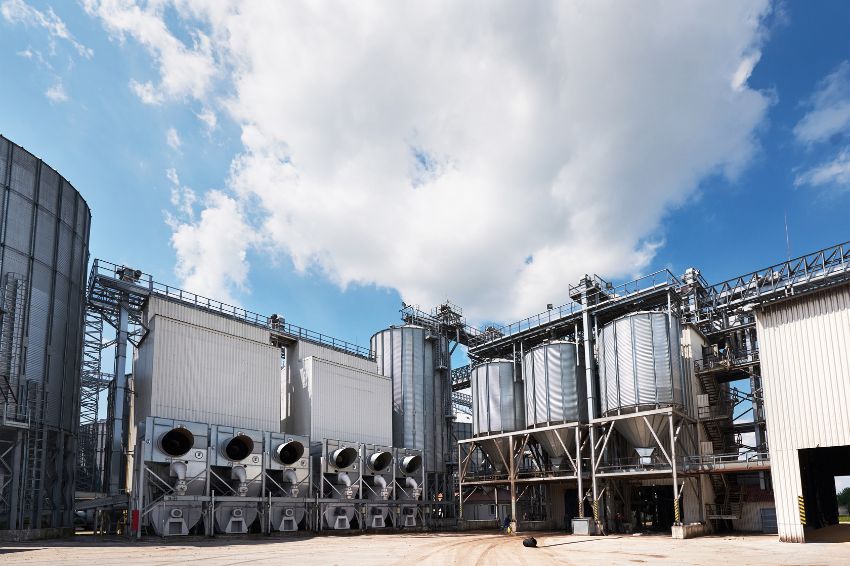

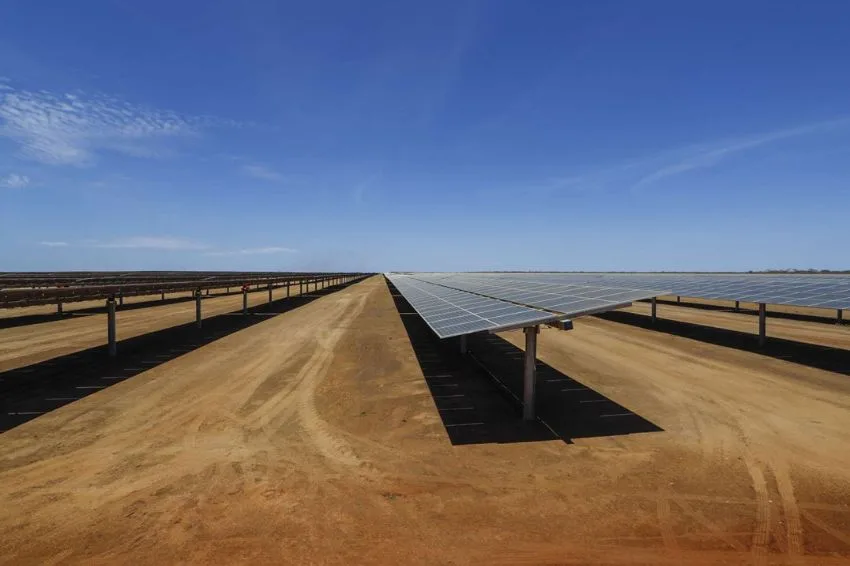
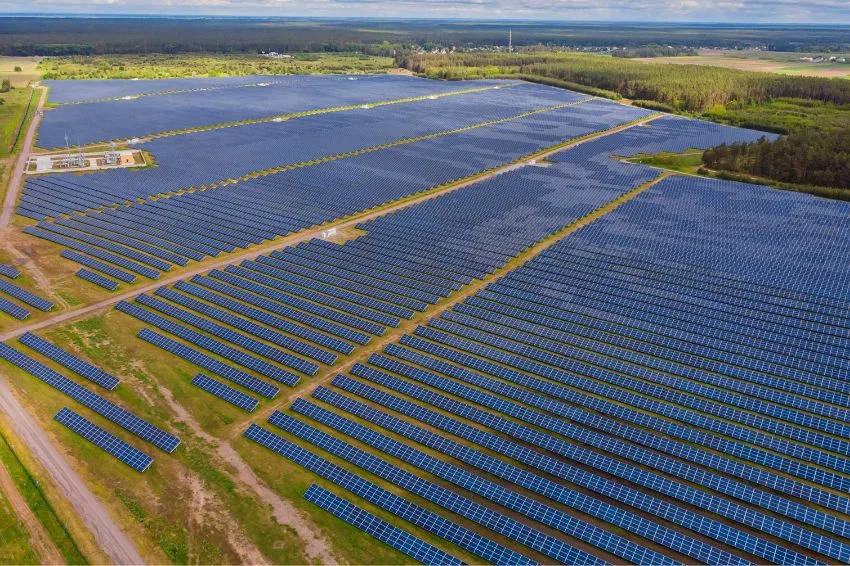
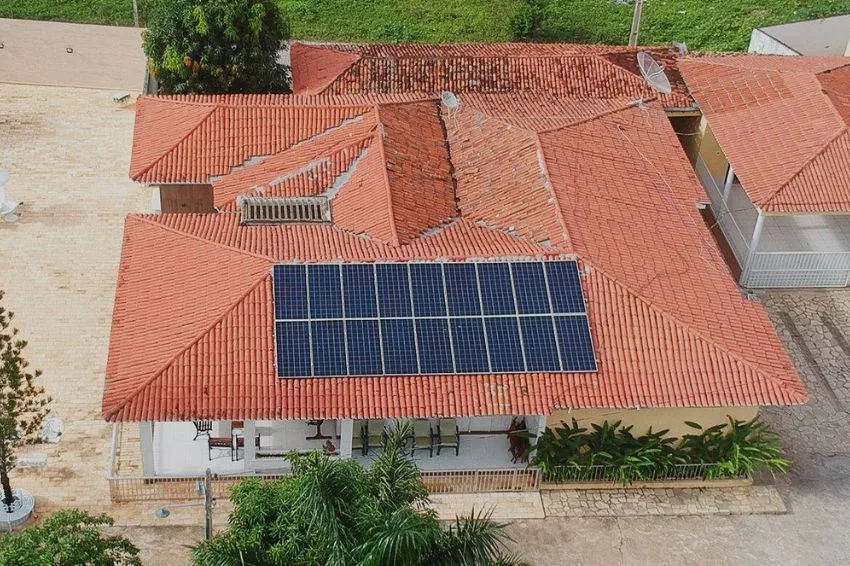
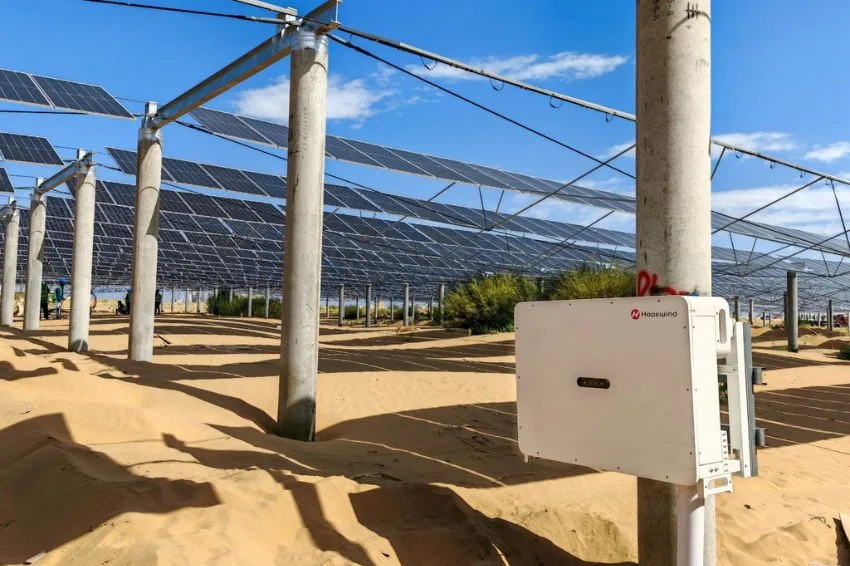
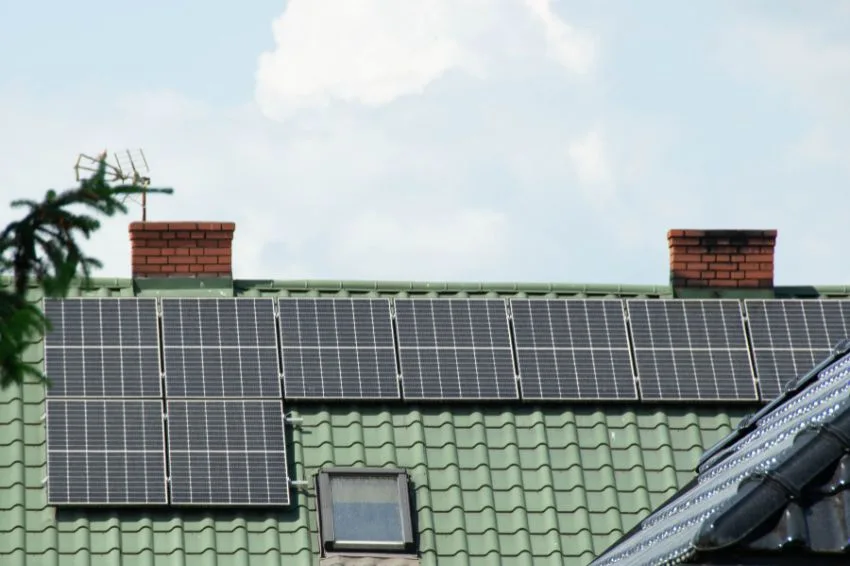
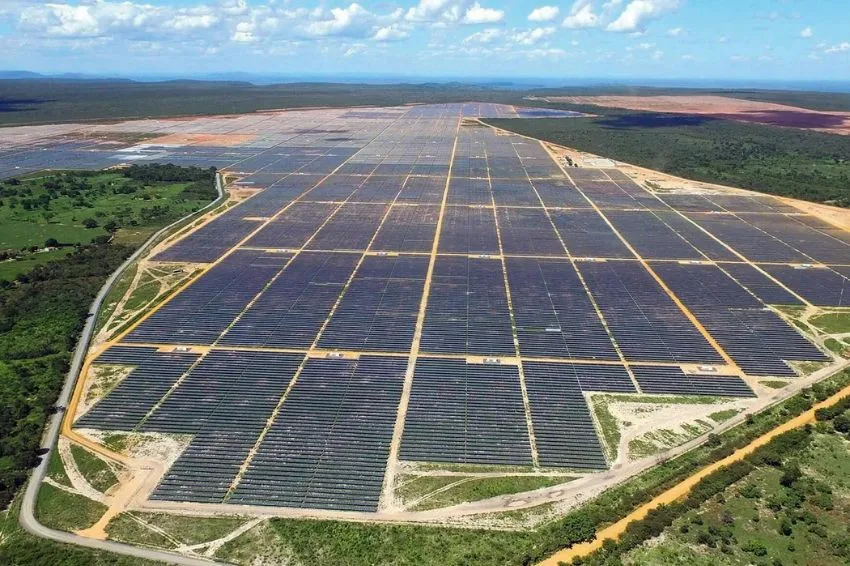







One Response
Even though it is the largest multi-energy power on the planet, Brazil is still very lacking in energy, which will be necessary for Green Reindustrialization. Canada, for example, offers 4.4 times more energy per capita than Brazil, and at much lower costs. In this context, with solar energy being the fastest to be put into practice, with new solar plants, GDMM and GD, it is the one that attracts the most attention from those who strategically need energy, both photovoltaic, thermo solar and heliothermal, the the first requiring the network as support, and the second requiring support from Gas or Biogas, to guarantee nighttime operations. The factor of intermittency and seasonality, which is often forgotten, must be considered for the balance of the system, and the policies developed so that Forest Regeneration, together with Water Recovery, Reuse of Biomass, Biogas, MSW and Sanitation, guarantee that water systems and all renewable and clean sources, constant and intermittent, contribute to the energy matrix and its balance.